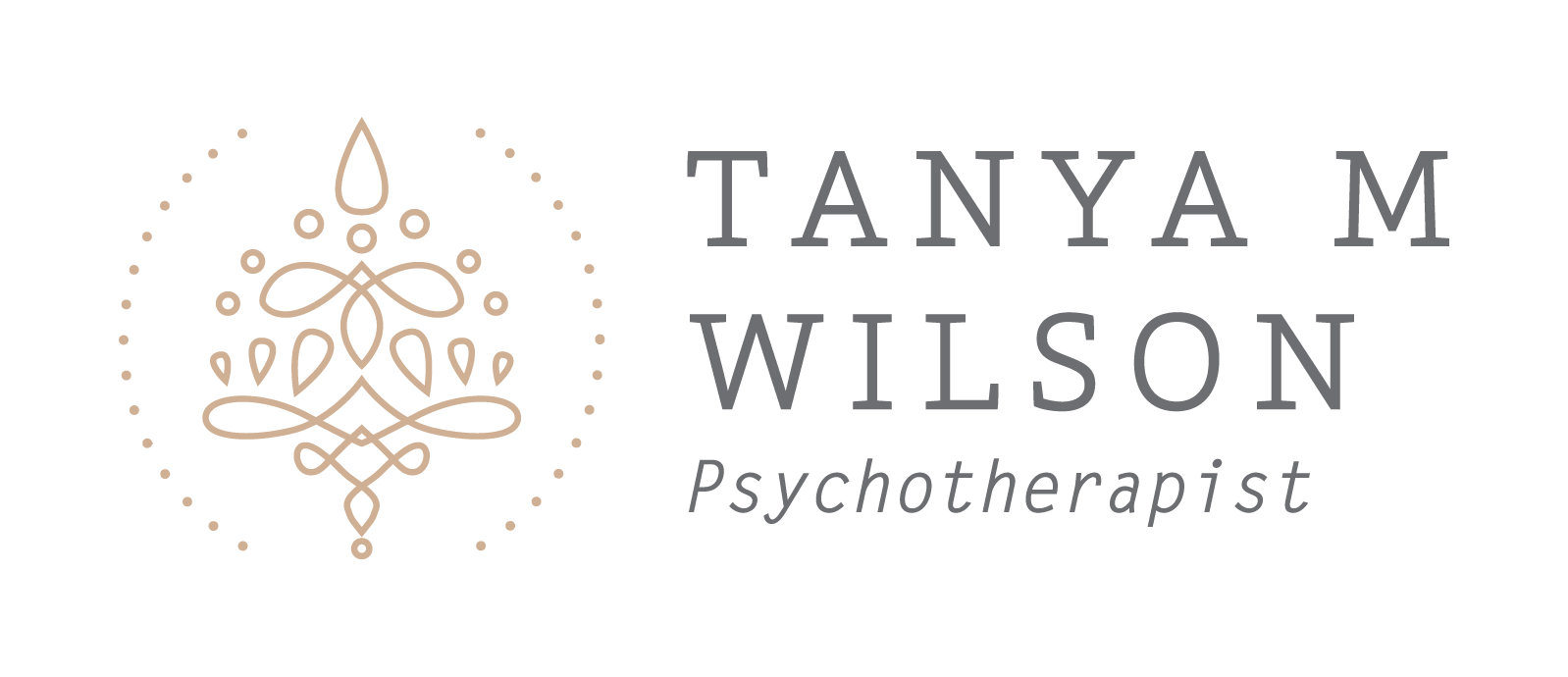Many of us are aware of the adverse effects of emotional abuse from friends and loved ones but few realise that this form of abuse can, sadly, come from our parents too. However, in this case, the signs and symptoms of emotionally abusive parents can be a lot more challenging to detect by outside observers and even the children themselves.

What is emotional abuse?
Emotional abuse is often subtle, insidious and manipulative, making it one of the most challenging forms of abuse to recognise. An emotional abuser chips away at their victim’s self esteem by putting them down until they begin to doubt themselves or reality. According to Very Well Mind, ‘The underlying goal in emotional abuse is to control the victim by discrediting, isolating, and silencing.’
What do emotionally abusive parents look like?
More often than not, emotionally abusive behaviour by parents can often fly under the radar because young children do not realise what is happening to them and other adults do not understand what is happening. And by the time you are an adult, a lot of the damage can be done. You can also be an adult and experience emotionally abusive behaviour from your parents.
There are some signs of abusive parenting you can look out for.
- Making necessities a privilege
This is a common characteristic of emotionally abusive parents, they make basic needs like food, clothes and a roof over their heads into an exclusive right their children have to earn. Parents who do this or who make their children feel undeserving of the basics a parent should provide are abusive.
- Using depredatory comments
In some cases, emotionally abusive parents may also make their children feel like their being alive is a privilege they provide. They continuously remind them of this by putting them down with sentences like: ‘I gave birth to you and I could take you out if I so wished.’
- By parentification
Parentification describes an improper relationship where a parent treats their child not as an offspring but more like a romantic partner by relying on them for emotional support. This can often occur when one parent is single and use their child as a replacement for having another close adult in their life. Whilst it’s beneficial to emotionally connect with your child, emotionally relying on them is inappropriate.
- Emotional neglect
Neglect is the most common form of emotional abuse and its effects can be incredibly damaging to a developing child, leaving them struggling with their self esteem and mental health.
How can this type of abuse affect you?

The effects of emotional abuse can be traumatic and longlasting. Frequently, these effects are just as damaging for the kids like any other form of abuse, especially as they grow into adults. You might still be suffering now as a fully formed adult and it could play out in your relationships and self esteem.
‘Not only does emotional abuse appear to be the most prevalent form of child maltreatment, but some professionals believe it to produce the most destructive consequences.’
Most children lack the ability to identify the fact that they are being emotionally abused by their parents and are only able to detect them in adulthood, if ever. These signs include:
- constant anxiety
- lack of empathy
- low self esteem
- depression
- and a lifelong pattern of inappropriate or troubled relationships.
Experts even believe that emotional abuse from a parent may have stronger emotional, behavioural and psychological effects on a growing child than physical abuse.
Dealing with an emotionally abusive parent
The first step to dealing with an emotionally abusive parent as an adult is to recognise them for who they are. Recognising what is happening to you and understanding that it is not your fault is easier said than done but is necessary to effect change in your life.
The most useful thing you can do, when you recognise your parent/s as being emotionally abusive (now or in the past), is to set boundaries for yourself. You may even choose to temporarily or permanently maintain some distance between yourself and them. You can also talk to others, such as a professional counsellor, who you trust about the situation, even if it happened to you in childhood long ago.
Finally, to help deal with the life long effects of emotional abuse, you can learn suitable stress management skills and wellbeing skills to build your self esteem.
If any of this resonates with you on a level but you need more clarity or support, please book a counselling appointment with me today.


